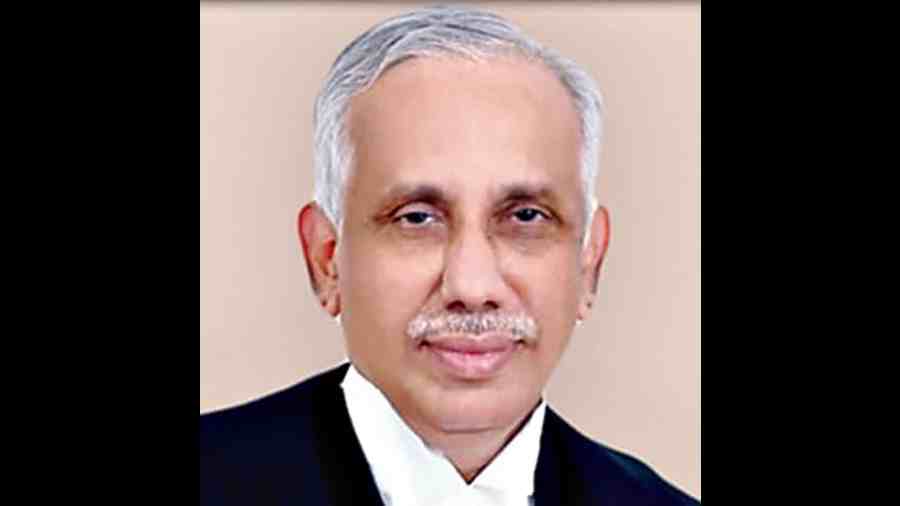Certain catchphrases exist precisely because they denote the non-existent. A ‘cooling-off period’ is one. The term describes the time between retirement from a weighty post and the nomination to a new position by the government. It is meant to be a reasonable distancing period from the position held earlier, so that promise of a later appointment does not rub off on decisions of the first one. The subject has been revived with the appointment of the Supreme Court judge, S. Abdul Nazeer, as governor of Andhra Pradesh weeks after his retirement. The erasure of the cooling-off period — three years or even two, as suggested by some — did happen with earlier governments. But it is far more regular with the Narendra Modi-headed government, like a certain reward for being good for it. Mr Nazeer is one of the five judges who comprised the bench that decided the Ayodhya land title case. The decision of the bench, judicially given, also happened to result in a much-desired achievement for the Rashtriya Swayamsevak Sangh and the Bharatiya Janata Party. That bench was headed by the former chief justice of India, who was nominated to the Rajya Sabha soon after his retirement.
The government’s point that the Constitution says nothing against the post-retirement appointment of judges is irrelevant, since the argument is about the perception of ‘useful’ candidates being rewarded. It may be a coincidence that Mr Nazeer was part of the bench that cleared the government of fault during demonetisation or that he lectured at an RSS organisation of lawyers. But this context may shake faith in the legal system. The late Arun Jaitley of the BJP as well as many other lawyers, judges and experts have pointed out that the possibility of pre-retirement judgments being influenced by post-retirement hopes is dangerous to the judiciary’s independence. On a broader plane, it must be asked whether post-retirement appointments for office-holders meant to be impartial in the discharge of their duties, such as bureaucrats and army chiefs, should be made by the government at all, cooling-off period or not. Compliance or complicity is as dangerous in these spheres as it is in the judiciary. Aggressive infiltration by the ruling party requires that such rewarding be made obvious; the strength of people’s objection alone can change that.











